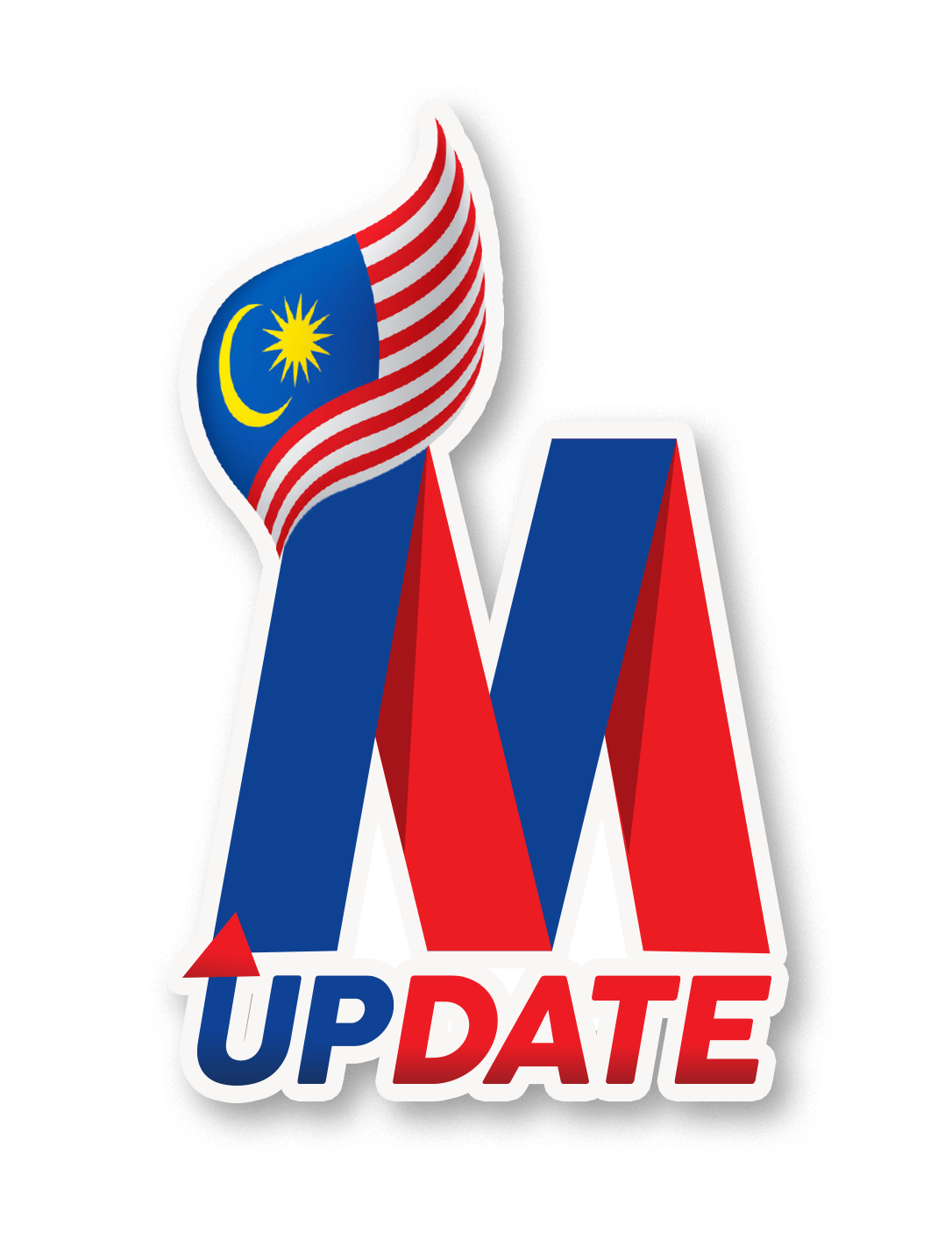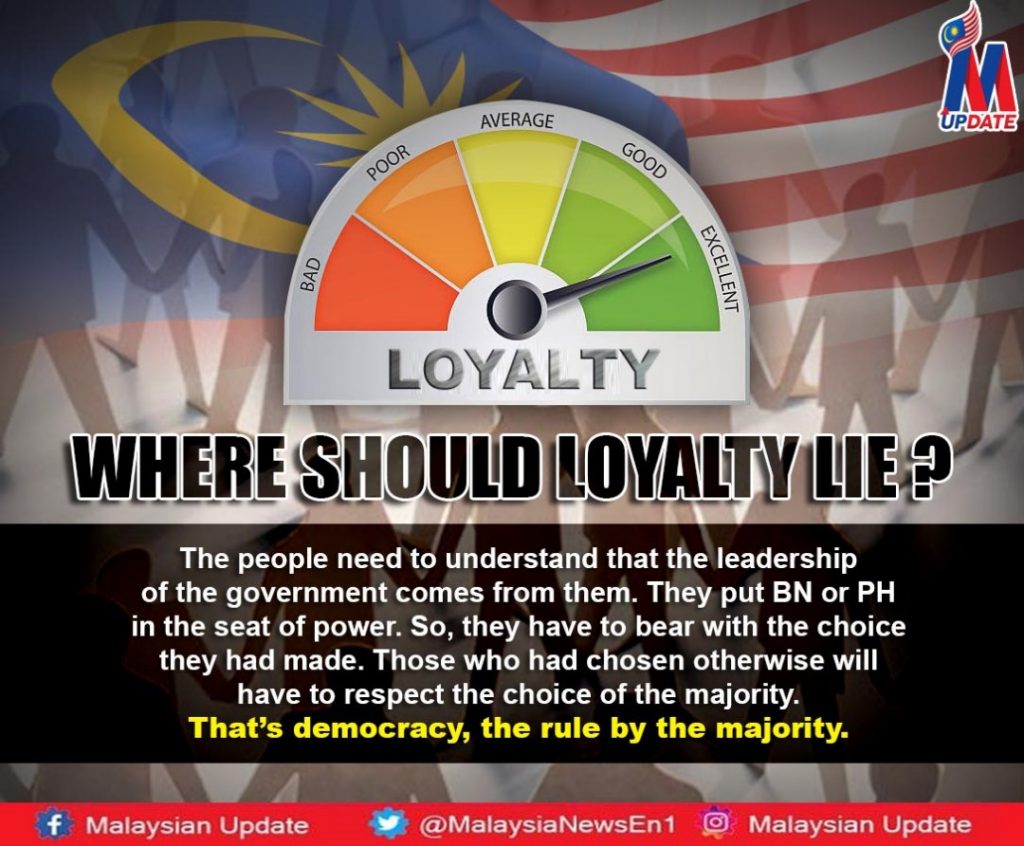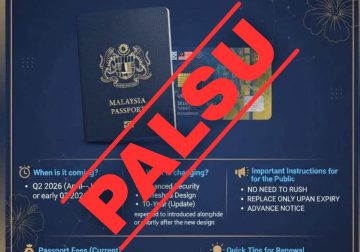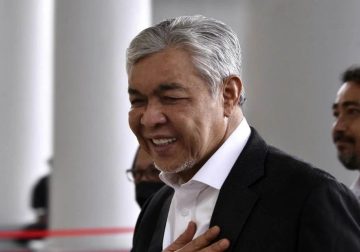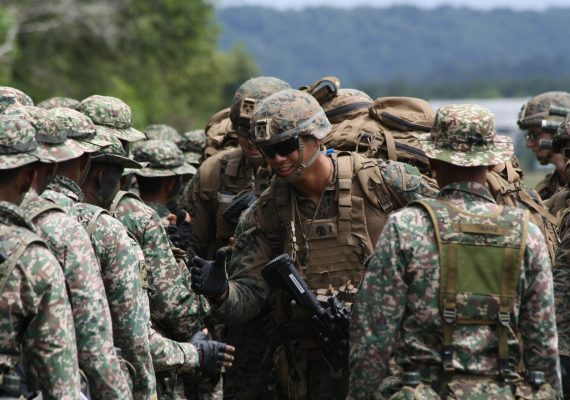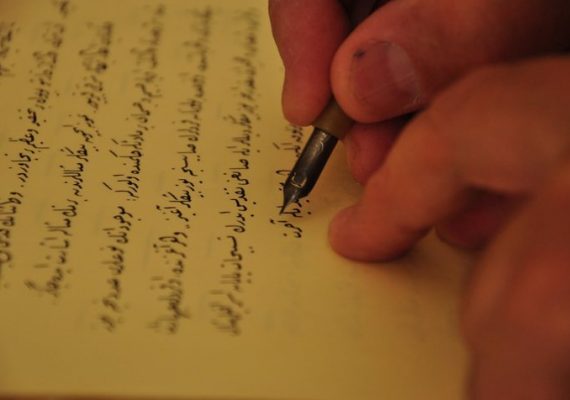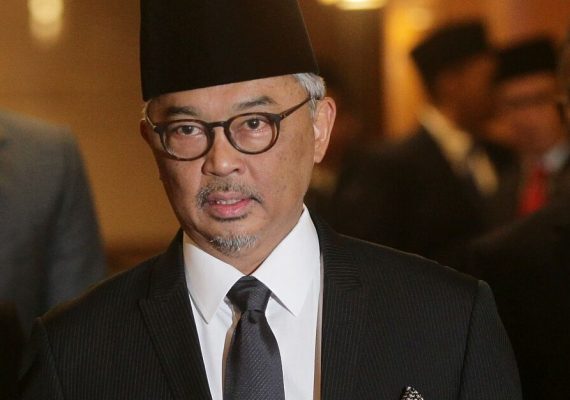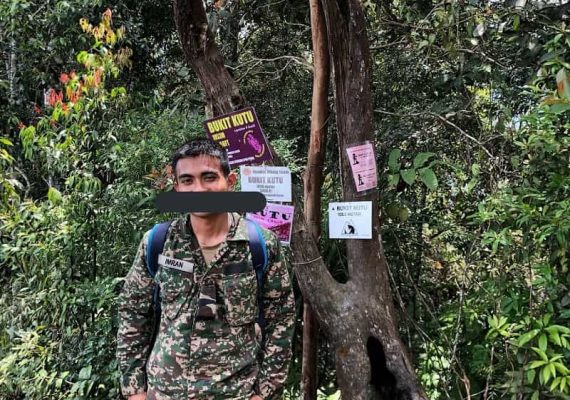What is loyalty? How does one measure loyalty? To whom should loyalty be placed upon? These are basic questions in government that practices democracy and where the people governing may change from one group or individual to another over time?
When the new party, Pakatan Harapan, won and took over the reign of government, it would not be an under estimation to say that the people were generally confused. All this while and for the last 60 years or so, they have known BN to be the “ruling party” (read: government). This one-party system where BN wins one general election after another had implanted the mental set for most Malaysia that BN is the government and the government is BN. So, it was a shock of sort when the opposition parties won. From 12 May 2018, the party that used to be opposition at the federal level suddenly is then the ruling party.
But the above scenario was not completely alien even then as some state had been ruled by different political parties to the one that ruled over at the federal level. For examples, PAS has been the ruling party at states such as Kelantan and Terengganu at various points in time. DAP has also ruled Penang for some time since the 1990s when the former wrested the control, of the state from BN component, Gerakan. PBS has also ruled in Sabah for a decade in the mid-1980s to early 1990s when the former toppled the BN component, Parti BERJAYA.
So, when coalition parties under Pakatan Harapan won and formed the government at the federal level and in some states, major mind shift is still badly needed. Initially, this was thought to be important among the people and the civil servants. But soon enough, the same need become evident even among leaders of the new government. All need a mind shift to accommodate the new political environment created when the ruling party changed.
The people need to understand that the leadership of the government comes from them. They put BN or PH in the seat of power. So, they have to bear with the choice they had made. Those who had chosen otherwise will have to respect the choice of the majority. That’s democracy, the rule by the majority. But those who did not chose PH as the party of choice to lead government, they need not worry because once chosen, the government is the government for all and not just for those who had voted them in. Therefore, all people have a right to expect the best from their government, irrespective of which party they belong to and whom they had voted for during the last elections.
Members of the civil services at both federal and state levels need to adjust their mind set as well. Above all, they must understand that their roles are to merely implement what the government of the day decide. It is not for members of the civil service, federal and state, to take any contradictory position. They have to respect the choice of the people and carry out the wishes of the government of the day.
Unfortunately, it must not have been easy for members of the civil services to switch their allegiance and loyalty of work to the new government. This is judging from statements from the Prime Minister who had previously lamented that some members of the civil services are boycotting the work of the government of the day. This is most unfortunate and quite unprofessional behaviour as the task of the civil services is the assist the government of the day to carry out its duties.
There can be no mistake that loyalty of members of the civil services is to the government of the day. Their tasks are to help realize the vision and mission of the new government and accelerate the attained of objectives that the new government had pledged during the general elections. Members of the civil services may offer advice but it is not within their domain to refuse to carry out decisions that have been made by the government of the day.
The election of the new ruling party is a political maturing process. It is also an awakening call to all and reminds all of a number of basic tenets in democracy. First, the government is the people’s government, dully elected in a general election. This must be respected by all. Second, Civil Services works to assist the ruling government of the day. They may have advisory roles but the decisions made by the government must be carried out without undue delay and difficulties. Third, the government of the day must also realize that once the general elections are over, they are the government and that they are expected to govern and to put aside politicking.
Dr Al-Azharri Siddiq Kamunri.
The writer holds a PhD in Politics and Government and has interests on issues relating to nation-building, national security and patriotism.
